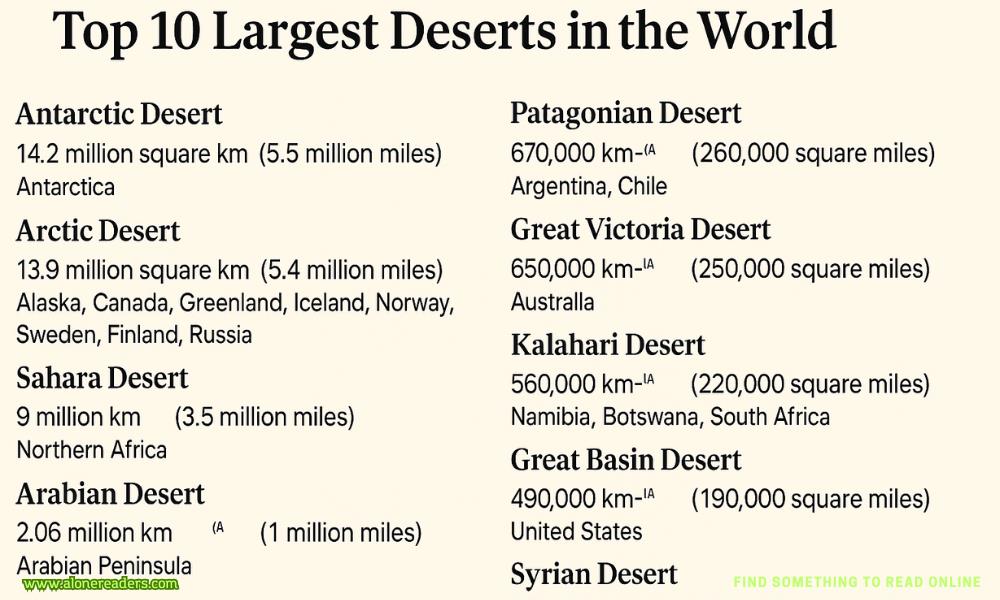Page 30 of In the Garden of Monsters
“Neanch’io,”Paolo agreed, turning up his nose.
As if on cue, a servant appeared and whisked away our plates, replacing them with flat gray rocks smeared with an unappetizing gray paste dotted with little black seeds. Gala asked one of the servants what it was, but he only gave her a glassy look and departed without a word. Jack, having encountered the unusual dragon fruit on a prewar trip to Mexico, informed us of its identity. Contrasting its unremarkable gray insides, the fruit’s skin was a vibrant yellow. I didn’t even know cacti bore fruit at all, much less something so delicious.
“This is some spectacle,” I observed. But, then again, everything in Bomarzo had been a spectacle. Even Ignazio and my companions were spectacular, like something out of a movie, except with brilliant color. I stared out at the sky beyond Dalí’s head, the W shape of Cassiopeia’s stars blinking in the darkness.
“All is as it should be!” Dalí responded, launching into a dramatic soliloquy, his hands waving wildly. “This is what other surrealists do not understand. We are on the edge of real and unreal. On the edge of life and death. Of black and white. Of the world and the Underworld! We are in a place where few will ever be. This! This is where the heart is. This is the point where the knife is touching the skin. The second before blood meets air!”
“Did you plan all of this?” I asked in disbelief.
Dalí looked at me as though I were daft. “Of course, my little Proserpina, of course.”
Gala shook her head at me, contradicting her husband’s words.
Ignazio’s voice rang out from somewhere above us. “It is time to leave the emptiness of the Asphodel Meadows and join me in the Fields of Mourning.”
“What meadow?” Jack asked. But I reeled with the names of these places, a chill coursing through me as some distant memory stirred, obscured by fog and shadows. An inexplicable sense of dread weighed down on me, as if I were on the precipice of recalling something awful, something that lurked just beyond the reach of understanding, hidden in the dark corners of my mind.
“Asphodel!” Dalí cried, addressing the room. “Now I understand. That’s where we are. In the gray place in the Underworld where all the ordinary souls go. But not you, nor I!”
“Sounds like Limbo,” Paolo remarked.
“No! Asphodel Meadows!” Dalí reprimanded him. But then he winked. “Sì, Limbo.”
Two servants at the door indicated we were to rise from the table and follow them. But before I could do so, Orpheus jumped into my lap, lifted himself up to rub his face against my chin, then settled in as though he planned to take a long nap. His purring was loud and sonorous.
“Would you look at that,” Jack said. I petted the little white beast, which, strangely, had the soft feel of an indoor cat, not one that lived outdoors in the elements. He pushed his face against mine again, and I sighed. Holding him gave me a sense of calm that I desperately needed. He was familiar, comfortable, almost like he had been a friend for much of my life. Somewhere in the dark void of my past I must have loved cats, even if I didn’t recall ever having one.
“Orpheus should sing his song elsewhere,” Gala said, waving an impatient hand at the cat.“Amscray!”
I looked at her, trying to puzzle out the word.
“I’ve been teaching her pig latin.” Jack laughed.
I didn’t want to upend Orpheus, but my companions were standing and waiting for me to move so they could join Ignazio upstairs. “Come on, Orpheus, let’s go upstairs.” I made to pick him up, but he squirmed, then pressed himself up against me in adoration.
“Orpheus worships you, O Queen of the Night,” Dalí said. He looked serious.
“I wish he would worship me just a little less.” I tried to pick him up once more, but he burrowed in. “He doesn’t want me to leave.”
Paolo reached over and deftly plucked the cat from my lap, and the beast gave a little cry of protest as the cameraman set him on the ground. Then he put his little body in front of me as if to impede me from making my way to the door.
“Amscray!”Dalí said to the cat, pushing his walking stick toward the feline. Orpheus dodged the stick, hiding behind my legs.
Paolo reached down and picked up the cat once more, holding it until I could exit the building. Once outside in the night air, Orpheus calmed down a bit, but he was still clingy, staying by my side as we followed the wordless servants up the path to the top entrance of the Casa Pendente, which satat the end of a vast grassy area lined with monstrous vases on pedestals. Ignazio greeted us at the door, his hands folded in front of him. He had changed into a wild suit of red with black accents. I would not have been surprised if there had been a devil’s tail when he turned around.
“Did you enjoy your meal in the Meadow?” he asked me with that damned, disarming smile.
“It was, um...unusual,” I said.
“Next time, there should be more oysters,” Gala griped.
“There are two courses to go, Signora Dalí.” He may have been reassuring her, but he extended a hand to me. I ignored it and walked past him.
The tilt of the floor made me slightly dizzy, but I made my way to the open window, my eyes fixed upon the heavens beyond. The air was cool against the back of my neck, and I pulled my cape tighter about me. When I reached the window, I turned, and my world swayed as I watched Dalí and Gala walk around the small room, their bodies slanted.
“This defies all logic,” Jack said, laughing.
“Imagine all of life on this tilt!” Dalí took hold of his wife and spun her around, nearly toppling them both. Paolo had entered the room last, and he helped stabilize the couple as five servants swept past us into an adjacent, equally small room where a high, narrow table ran the length of the longer wall, a candelabra in the center. They placed each dish, all red, on the table, then departed. We appeared to be expected to eat standing up—there wasn’t enough room for chairs.
- Connor by Samantha Skye
- Mated by Jenika Snow
- Daddy by J.L. Quick
- Fetch by M. Violet
- Loving My Brother's Best Friend by Lena Little
- Hot Cops by Mari Carr
- The CEO by Alexis Winter
- Phixmery by S.E. Alexander
- Veil of Smoke by Sarah Sterling
- Veil of Ashes by Sarah Sterling
- Giovanni the Savage by Sarah Sterling
- Summer Love by Lea Coll
- Sullied Saints by Eva Heart
- Stalked by Leo Rivers
- The Way We Fell by S. Sidney
- The Best Bad Decision by S. Sidney







